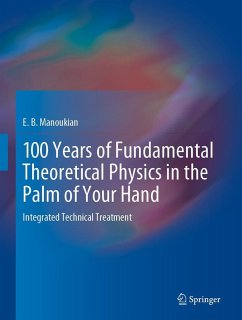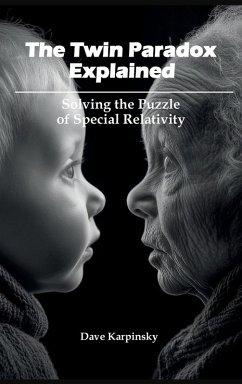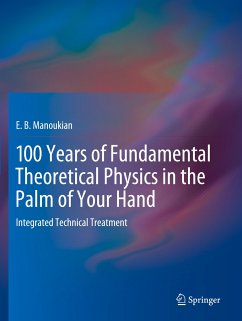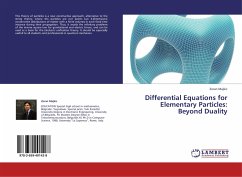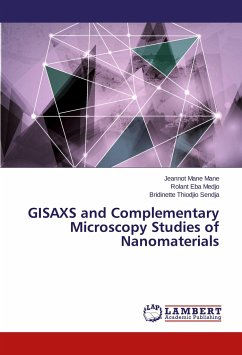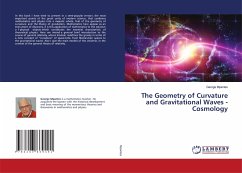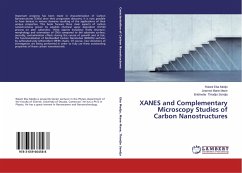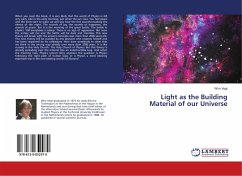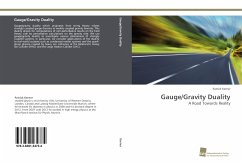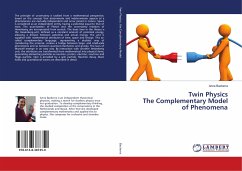
Twin Physics The Complementary Model of Phenomena
Versandkostenfrei!
Versandfertig in 6-10 Tagen
30,99 €
inkl. MwSt.

PAYBACK Punkte
15 °P sammeln!
The principle of uncertainty is tackled from a mathematical perspective, based on the concept that determinate and indeterminate aspects of a phenomenon are mutually independent and occur joined in nature. Space is considered as an independent entity, having a potential equal to that of mass. The quantization of Planck and the uncertainty relations of Heisenberg are incorporated from scratch. The basic item in the theory is the Heisenberg-unit, defined as a constant amount of potential energy, allowing a division between potential and actual energy. The unit is supplied with mathematical attri...
The principle of uncertainty is tackled from a mathematical perspective, based on the concept that determinate and indeterminate aspects of a phenomenon are mutually independent and occur joined in nature. Space is considered as an independent entity, having a potential equal to that of mass. The quantization of Planck and the uncertainty relations of Heisenberg are incorporated from scratch. The basic item in the theory is the Heisenberg-unit, defined as a constant amount of potential energy, allowing a division between potential and actual energy. The unit is supplied with mathematical attributes of time, space and charge. This so-called complementary language, representing a dualistic way of considering the universe, creates a bridge between large- and small-scale phenomena and so between quantum-mechanics and gravity. The laws of Maxwell emerge in an easy way. By interaction with another Heisenberg unit, the attributes are transformed from mathematical into physical items, generating elementary particles as neutron, proton, electron, neutrino and Higgs particle. Spin is provided by a spin particle. Neutron decay, black holes and gravitational waves are described in detail.




